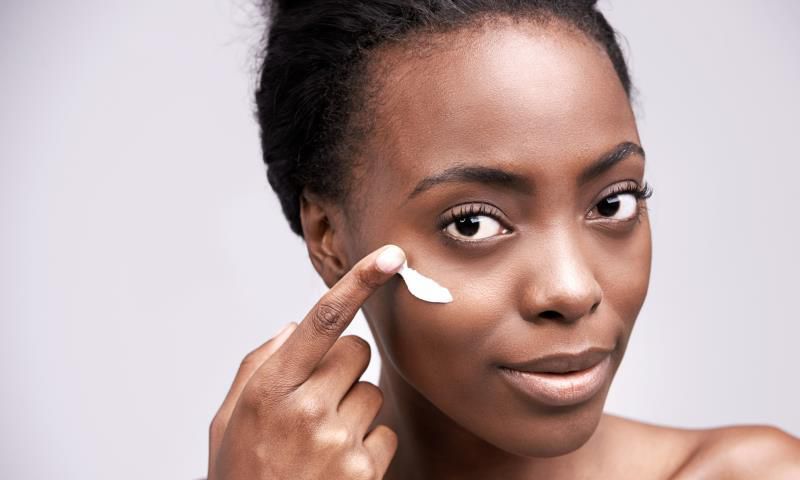In today’s ever-growing skincare world, it’s easy to feel overwhelmed by the sheer number of products on the market—cleansers, serums, moisturizers, face masks, and more. But among all these steps, one step often sparks confusion: face toning.
What exactly does skin toning mean? Is it just another marketing buzzword, or does it play an important role in a healthy skincare routine? This guide breaks down the true meaning of skin toning, its benefits, the different types of toners, and whether you actually need it in your daily regimen.
What Is Skin Toning?
Skin toning is the second step in most skincare routines, sitting right between cleansing and moisturizing. Simply put, toning is the process of applying a liquid toner to the skin after cleansing.
Think of it as the “balancing act” of your skincare. While cleansing removes dirt and oils, it can also disrupt your skin’s natural pH balance. A toner steps in to restore that balance, remove any lingering impurities, and prep your skin for better absorption of moisturizers and serums.
The Core of Skincare: Where Toning Fits In
Before diving deeper into toners, let’s look at the three pillars of a basic skincare routine:
1. Cleansing
This is your foundation. A good cleanser removes dirt, oil, sweat, and makeup, leaving a fresh canvas for the rest of your products.
2. Moisturizing
After cleansing, your skin needs hydration. Moisturizers lock in moisture, keep your skin soft, and protect its natural barrier.
3. Sunscreen
The most vital step. Sunscreen protects your skin from UV damage, prevents premature aging, and reduces the risk of skin cancer.
Where does toning come in? It’s the middle step—the bridge that connects cleansing to moisturizing—enhancing the effectiveness of everything that follows.
Why Is Skin Toning Important?
Face toning isn’t just about wiping your face with a cotton pad. Here’s what makes it a powerful addition to your routine:
1. Restores Skin pH Balance
Cleansers can leave your skin slightly alkaline. Toners rebalance your skin’s acid mantle, helping maintain a healthy protective barrier.
2. Minimizes the Look of Pores
Toners tighten skin and help reduce the appearance of large pores, giving a smoother look.
3. Boosts Product Absorption
When your skin’s pH is balanced, it absorbs serums, moisturizers, and treatments more effectively.
4. Adds an Extra Layer of Hydration
Some toners are infused with hydrating ingredients like hyaluronic acid, offering an extra boost of moisture before applying your cream.
Benefits of Using a Face Toner
Still unsure if you need a toner? Here’s what you gain by adding it to your routine:
Deep Clean Finish – Removes leftover makeup and dirt after cleansing.
Improved Texture – Smooths rough patches for a silkier feel.
Radiant Glow – Healthy pH and hydration lead to naturally glowing skin.
Fewer Breakouts – Toners with acne-fighting ingredients like salicylic acid help clear and prevent pimples.
Calms Redness – Toners with aloe vera or chamomile soothe irritated skin.
Do You Really Need a Toner?
Not every skincare step is for everyone. Whether toner is a must depends on your skin type:
Oily Skin?
Choose a toner with witch hazel or salicylic acid to reduce excess oil and shine.
Dry Skin?
Go for a hydrating toner with glycerin or hyaluronic acid for an extra moisture layer.
Sensitive Skin?
Opt for an alcohol-free, soothing toner with calming ingredients like rose water or chamomile.
Combination Skin?
Use two toners: a hydrating one for your cheeks and a clarifying one for your oily T-zone.
Types of Toners and What They Do
Not all toners are created equal. Here’s a quick guide:
- Hydrating Toners: Packed with humectants like hyaluronic acid to lock in moisture.
- Exfoliating Toners: Contain AHAs or BHAs to remove dead skin cells and brighten dull skin.
- Balancing Toners: Maintain your skin’s pH and control oil production.
- Calming Toners: Soothe redness with chamomile, rose water, or aloe vera.
Final Thoughts
Skin toning isn’t just a trendy step—it’s a valuable bridge in your skincare routine. It helps rebalance pH, refine pores, improve absorption, and keep your skin healthy and glowing.
If you’re looking to elevate your skincare, find a toner that matches your skin type—hydrating for dry skin, clarifying for oily skin, and calming for sensitive skin.
Bottom line: A good toner can turn your basic skincare routine into a well-rounded, professional-grade regimen.





